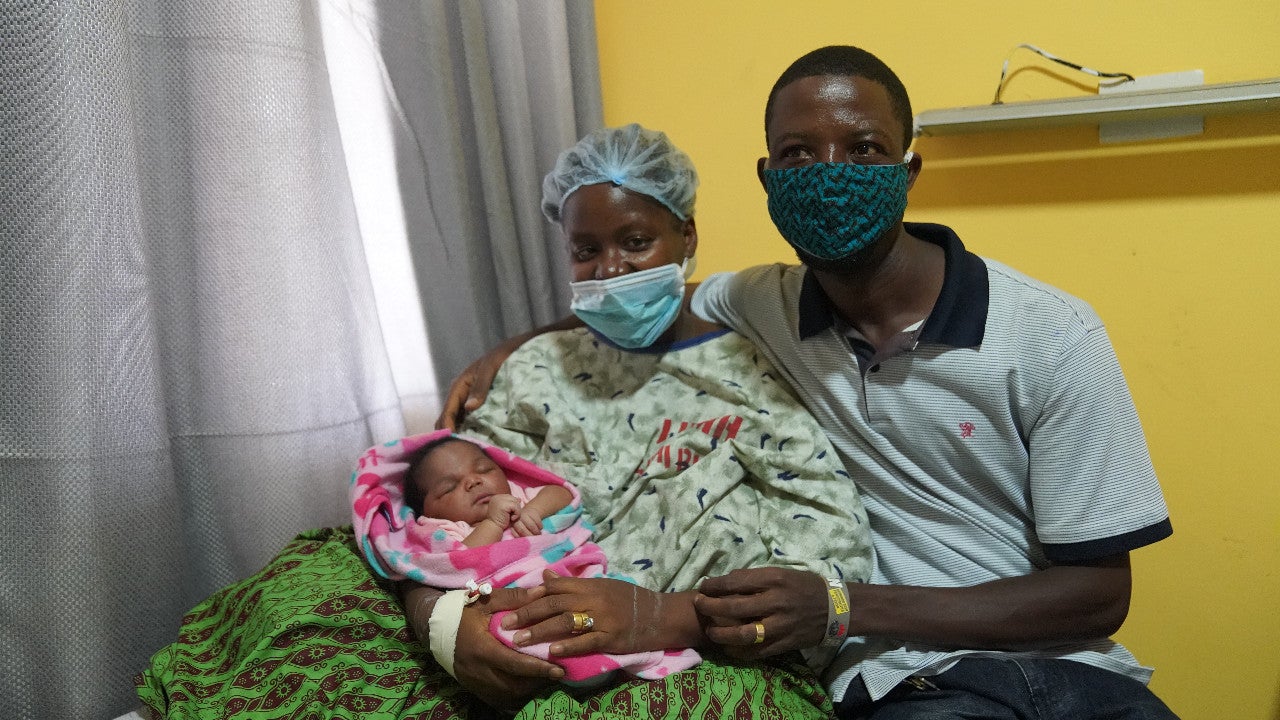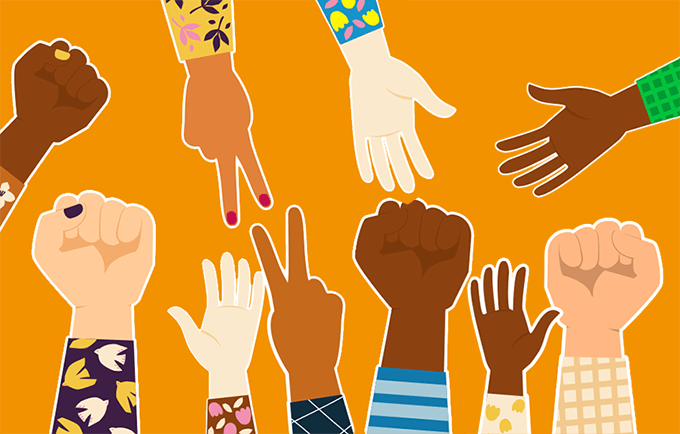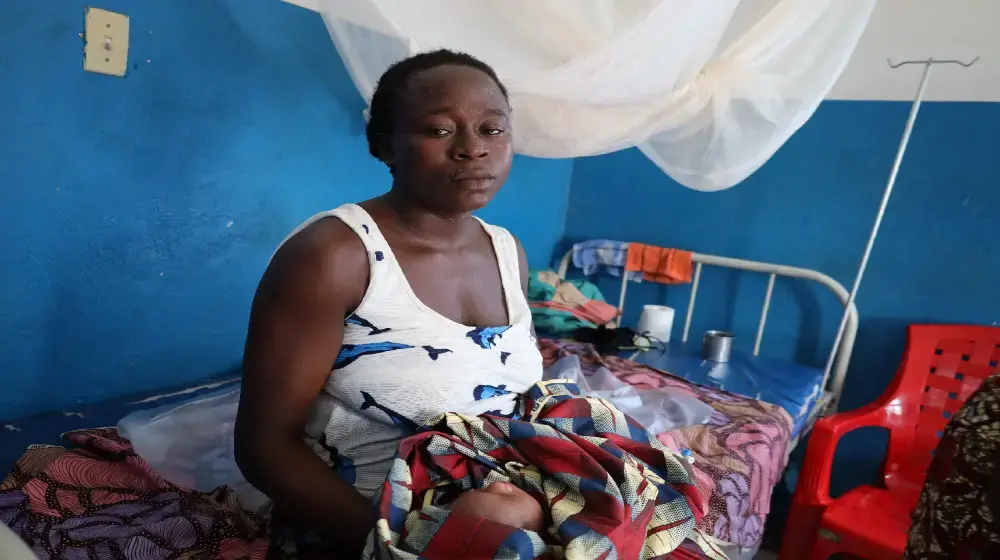Officially, the COVID-19 pandemic has sickened 11 million people and left more than half a million dead. But the full toll of this catastrophe has been incalculably greater. Health systems have been overwhelmed. Economies have been shuttered. And women and girls have been disproportionately affected, with sexual and reproductive health services being curtailed and gender-based violence on the rise.
As the world observes World Population Day this year, UNFPA is calling attention to the needs and vulnerabilities of women and girls amid the global pandemic, and the efforts needed to secure their health and human rights.
“No organization or country can do this alone,” said Dr. Natalia Kanem, UNFPA’s Executive Director, in a statement.
Heightened risks to women
Around the world, women face a variety of heightened risks due to the pandemic.
Front-line health workers – the majority of whom are women – face a direct risk of illness from COVID-19, for instance. But even women and girls outside the health sector can face risks. Those requiring sexual and reproductive health services can face anxiety about exposure to the virus while seeking care, or they may forgo care entirely. Other women are not able to receive care at all due to movement restrictions and curbed health services.
Many hospitals and health centres have reported a decline in the number of women and girls receiving critical sexual and reproductive health services, including antenatal services, safe delivery services and family planning care.
UNFPA and partners estimate that six months of significant health service disruptions could result in 47 million women in low- and middle-income countries going without contraceptives, leading to an additional 7 million unintended pregnancies. The number of maternal deaths is expected to increase.
UNFPA is working to sustain continued access to reproductive health services and supplies.
In Liberia, UNFPA and partners are working with the Ministry of Health to strengthen the capacity of Liberia’s health system to respond effectively to COVID-19 and deliver quality sexual and reproductive health services as well as dignity kits for women who are homebound or under quarantine.
“We want to ensure that women and girls, especially pregnant, delivering and lactating women including those under quarantine, have timely access to safe, quality care,” says Dr. Bannet Ndyanabangi, UNFPA Representative.
“With the support of the EU – UN Spotlight Initiative UNFPA has set up a maternity unit and an operating theater at the main COVID-19 treatment center outside Monrovia to provide maternal and newborn care support to pregnant women at the treatment center,” Dr. Ndyanabangi added.

to be diagnosed with Coronavirus recover as safely give birth. Image Courtesy: Orlind E. Cooper
For fear that pregnant women; particularly those suspected or confirmed of Coronavirus may not get the necessary healthcare services, UNFPA has also established a roving maternity team that is responsible to provide care for quarantined pregnant women at the POCs (points of care), treatment units and within the communities. The roving team is comprised of trained midwives and is directly supervised by the Family Health Division at the Ministry of Health.
Gender-based violence
Rising household tensions, exacerbated by economic pressures and movement restrictions, are sparking violence around the world. Women sheltering at home with their abusers often have nowhere to turn. And new forms of violence may be increasing, including cyber violence.
UNFPA estimates that six months of lockdowns could lead to 31 million additional cases of gender-based violence, and an additional 15 million more cases for every three months the lockdown continues.
To make matters worse, access to shelters and in-person counselling has been limited by the pandemic. UNFPA and partners are working to continue services for survivors wherever possible, and to increase remote operations.
In Liberia, UNFPA is collaborating with partners to ensure that life-saving services for survivors of gender-based violence and the most at-risk women and girls can continue at the one stop centers across the country.
The world must redouble such efforts, Dr. Kanem said: “As the global community comes together in solidarity to survive this pandemic, we lay the foundation for more resilient, gender-equal societies and a healthier, more prosperous future for all.”




